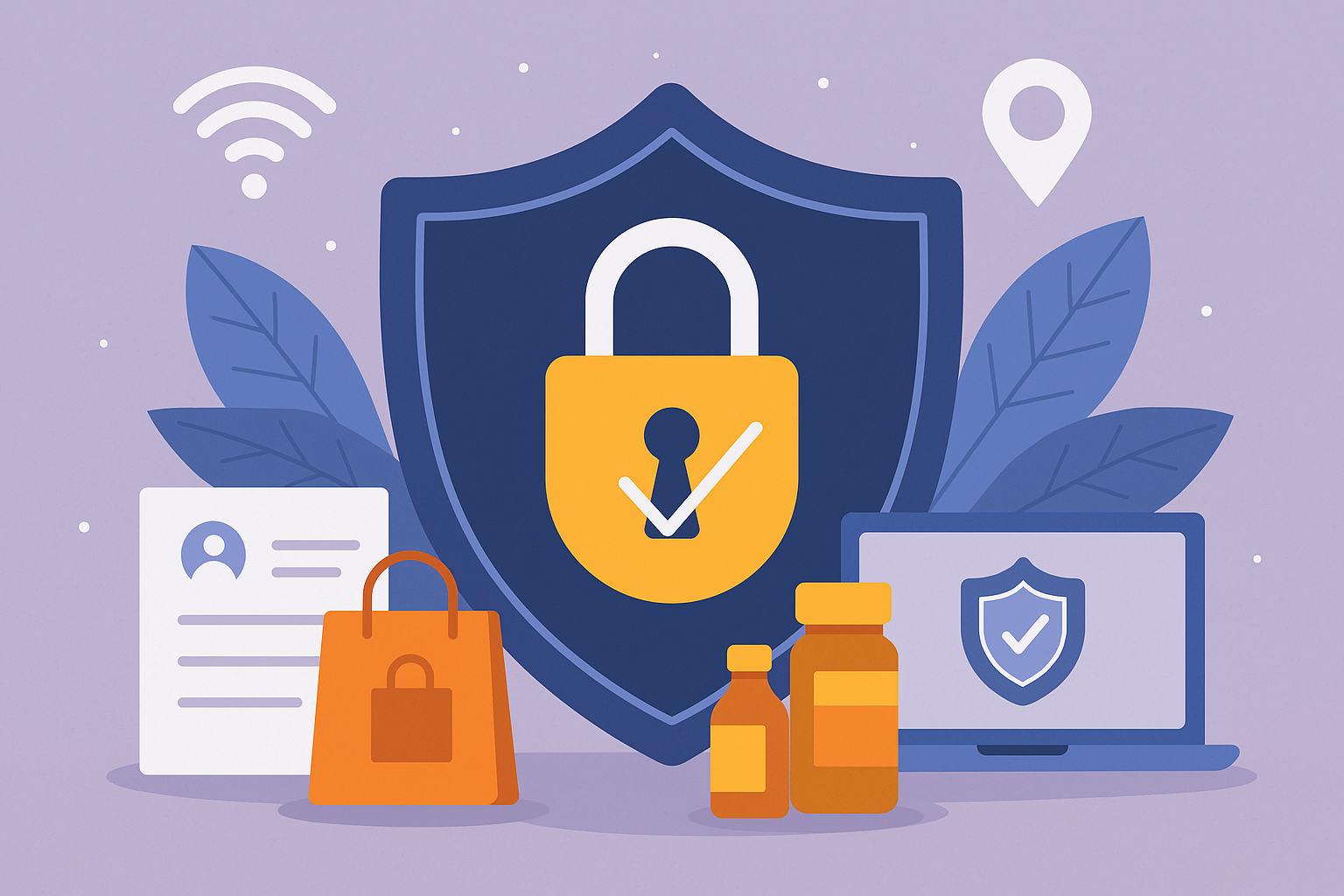
What Brands Need to Know About Consumer Data Privacy in Sampling
Introduction
In an era where data privacy is becoming increasingly important, brands conducting product sampling campaigns must prioritize protecting consumer information. As consumers grow more aware of how their data is collected and used, adhering to data privacy regulations and maintaining trust becomes critical for long-term success. This article explores what brands need to know about data privacy in sampling and how they can ensure compliance while building trust with consumers.
1. Understanding Data Privacy Regulations
The Growing Importance of Compliance
Regulations like the General Data Protection Regulation (GDPR) and the California Consumer Privacy Act (CCPA) have set stringent guidelines on data collection, storage, and usage. Brands engaged in sampling campaigns must be aware of:
- Consent Requirements: Gaining explicit consent from users before collecting any personal data.
- Data Minimization: Collecting only the information necessary for campaign goals.
- Right to Access and Deletion: Allowing consumers to view or delete their data upon request.
2. Transparent Data Collection Practices
Building Trust Through Transparency
Transparency is key to earning consumer trust. Brands should:
- Clearly communicate how and why consumer data is collected.
- Explain the benefits consumers receive in exchange for sharing their data.
- Provide easy-to-understand privacy policies to ensure clarity.
3. Secure Data Storage and Management
Protecting Consumer Information
Data breaches can severely damage a brand’s reputation. Brands should:
- Implement encryption protocols to safeguard consumer data.
- Use secure storage systems to prevent unauthorized access.
- Regularly audit data management processes to identify vulnerabilities.
4. Minimizing Data Collection
Collecting Only What’s Necessary
Excessive data collection can increase compliance risks. Brands should:
- Focus on collecting only relevant data required for sampling purposes.
- Avoid collecting sensitive information unless absolutely necessary.
5. Providing Opt-Out Options
Empowering Consumers with Control
Giving consumers control over their data builds trust and enhances brand reputation. Brands should:
- Offer easy opt-out mechanisms for data collection.
- Allow consumers to modify or delete their data if desired.
6. Partnering with Privacy-Conscious Vendors
Ensuring Compliance Across the Supply Chain
When collaborating with third-party vendors or sampling partners, brands should:
- Conduct thorough due diligence to ensure compliance with privacy regulations.
- Include data protection clauses in vendor contracts to maintain accountability.
7. Educating Consumers on Their Rights
Promoting Awareness and Empowerment
Brands can build trust by educating consumers about their privacy rights. This includes:
- Informing users about how their data will be used.
- Highlighting their rights to access, modify, or delete data.
Conclusion
As data privacy continues to be a top priority for consumers, brands conducting sampling campaigns must ensure compliance with relevant regulations and protect consumer information. By adopting transparent data practices, securing data storage, and empowering consumers, brands can build trust, foster loyalty, and drive long-term success in their sampling efforts.